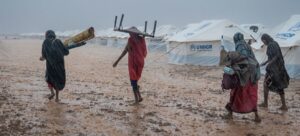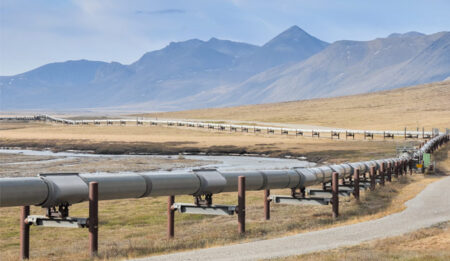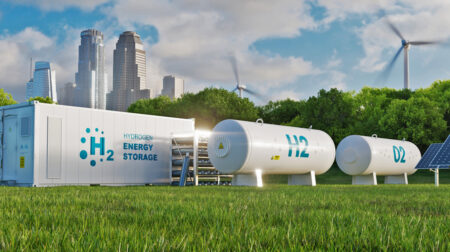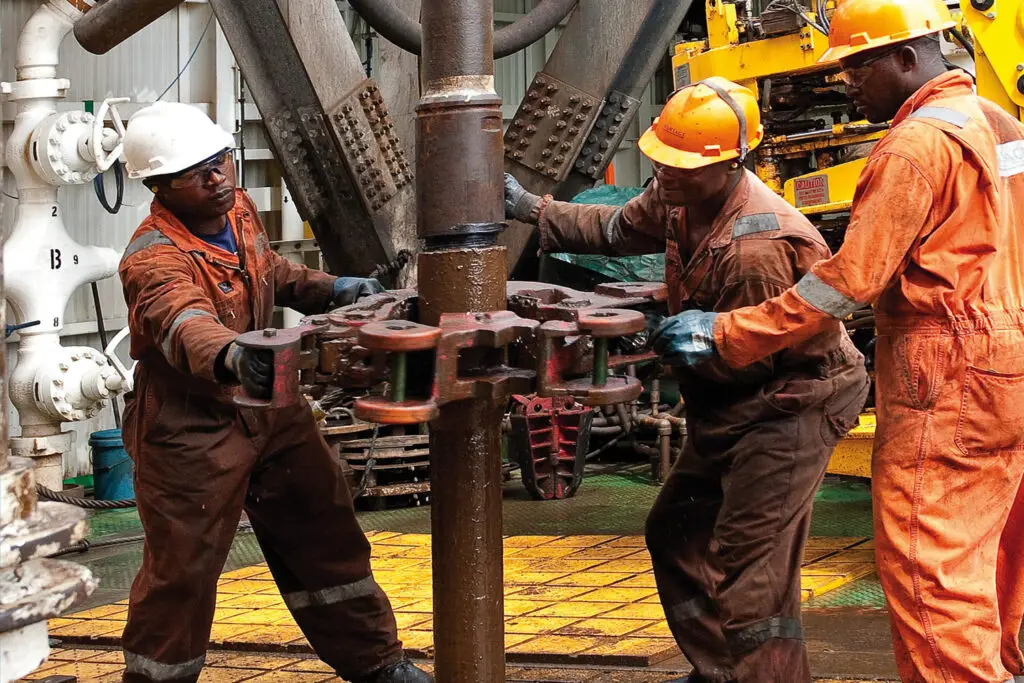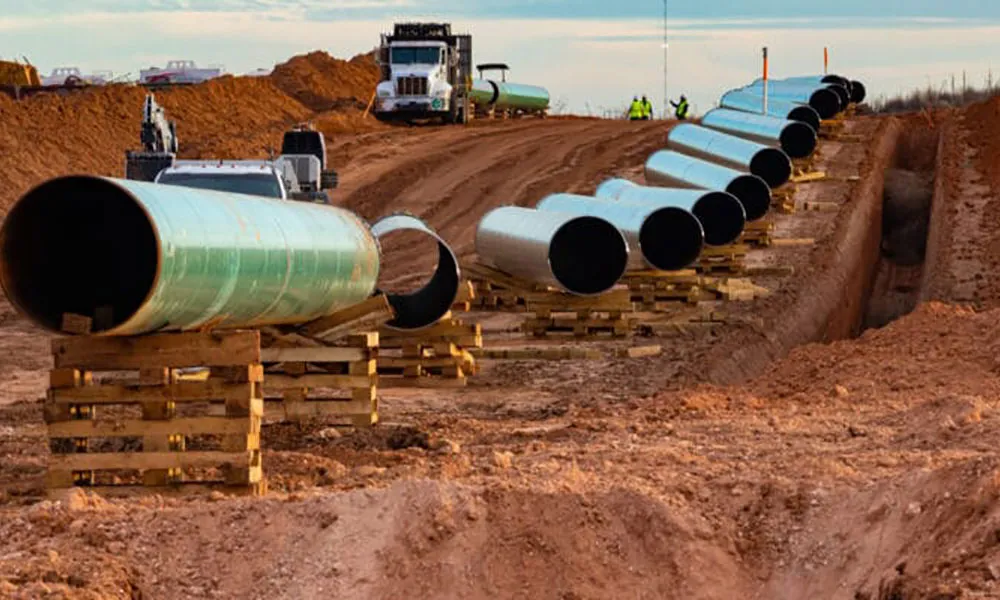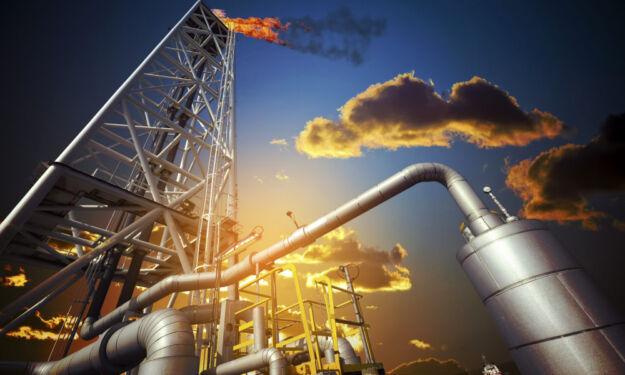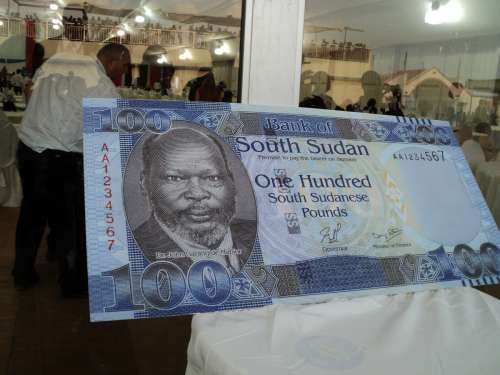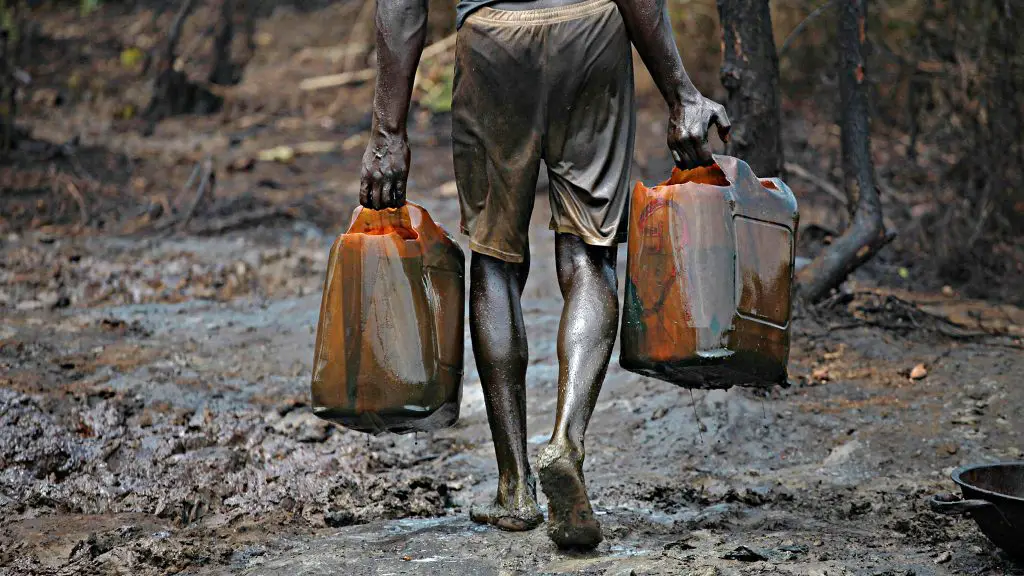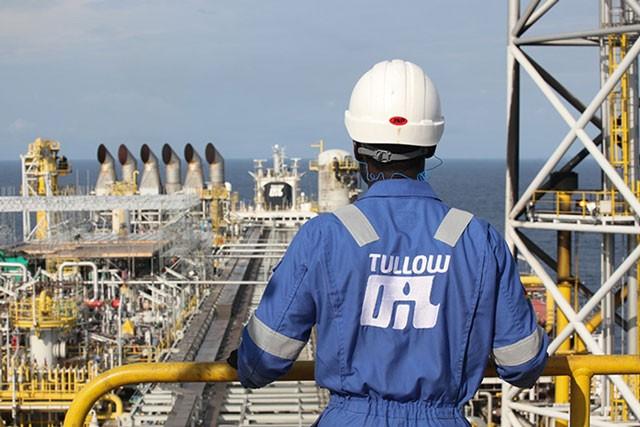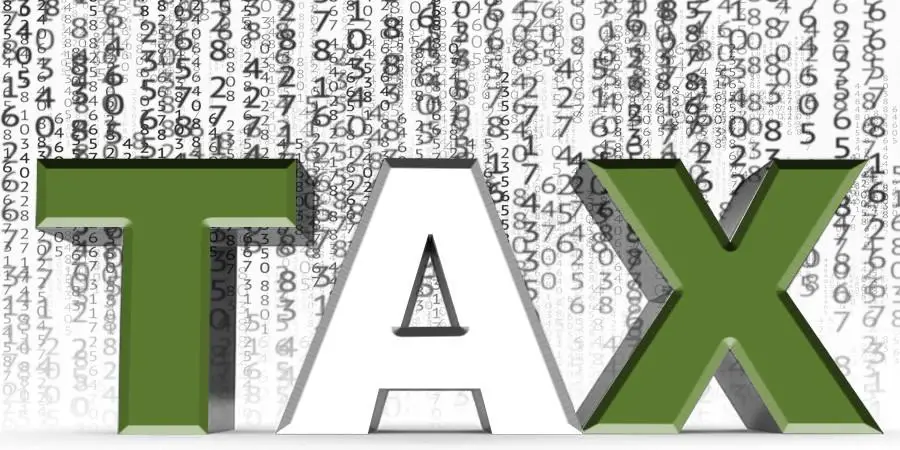- Refugee Crisis in Chad as War and Hunger in Sudan Drive Thousands Across Border
- Senegal 2050: A Blueprint for Economic Transformation
- Kenya’s banking sector corporate taxes hit $563.7 million despite industry profit drop
- South Sudan Crisis: How a Broken Pipeline Has Plunged Juba into Chaos
- Nigeria’s Largest Flour Mills to Invest $1 Billion in an Expansion and Restructuring Drive
- Ampersand triples production as Kenya’s e-moto market booms
- Vantage Capital concludes a $71 million deal with telco Camusat
- Mukuru’s mobile wallet debuts in Malawi, boosting global transfers and financial access
Browsing: Oil
Oil in Central Africa
- Green hydrogen is defined as hydrogen produced by splitting water into hydrogen and oxygen using renewable electricity.
- Green hydrogen is the future for Africa, especially in the wake of transitioning from old ways of energy production to modern systems featuring clean, renewable energies.
- The conversation on clean and renewable energy has become interesting over the years as technology and finance in the sector grows.
Africa has the potential to produce $1.06 trillion worth of Green hydrogen energy, according to a European Investment Bank report dubbed ‘Africa’s Extraordinary Green Hydrogen Potential’.
Global demand for hydrogen is projected to rise seven fold by 2050, with Egypt, Kenya, Mauritania, Morocco, Namibia and South Africa primed to ride the demand for green energy.
Another report by Africa Green Hydrogen Alliance by 2050 asserts that green hydrogen could increase the GDP of the six nations by $126 billion, equivalent to 12 percent of their GDP.…
Senegal’s oil and gas discoveries account for only 0.07 per cent and 0.5 per cent, respectively, of world reserves.
But Senegal’s Petroleum and Energies Minister Sophie Gladima said, “they are important enough to radically change the economy and industrial fabric of our country and thereby its future prospects.”
“Just exploiting our hydrocarbons will enable us to accelerate public access to electricity and, above all, to lower the cost of production and encourage industrialisation.”
She further underlined the legal framework needed to bring thousands of Senegalese jobs into the sector and the setting up of the National Institute of Oil and Gas to turn out a highly qualified workforce.
Funny enough, Namibia, also admitted as a member, is not yet producing any oil. Namibia recently announced that it would consider joining the Organization of Petroleum Exporting Countries if the oil fields are found to be large enough for commercial development.…
The ministry argued that the oil pipeline project is being implemented strictly on international safety, environmental and social aspects, including the Human Rights Impact Assessment (HRIA).
The EACOP project has managed to amass at least US$20 billion, benefiting the two neighbouring nations immensely. That’s why Tanzania is stern on highlighting key issues regarding human rights and environmental risks.
“A dedicated HRIA was undertaken as part of the project implementation process. The HRIA assessed and put in place measures for addressing the potential adverse of the project on the human rights enjoyment,” the statement pointed out.
According to the EU Parliament statement, at least 100,000 people have been forced to move out of their homes to leave the path for the pipeline.…
East Africa (Tanzania and Uganda in this case) is endowed with plenty of natural resources that mark it as a potential region for investment and economical prosperity. The East Africa Crude Oil Pipeline (EACOP) is another milestone that will levitate Tanzania to a good position economically.
The crude oil project which was stalled since 2019, has taken a new leap that sounds promising to the two countries which are eyeing maximizing the potential of $15 billion in investment (The East African 2021).
Earlier this week, the project was signed off by Uganda President Yoweri Museveni in the nation’s capital, Kampala and Tanzanian President Samia Suluhu. The process was postponed from the original date of March 22 after the sudden death of President John Magufuli.
The EACOP project landscape
This historic project plans to transfer crude oil via a 1,445 long pipeline extending from western Uganda to the Indian ocean in …
The guns on the plains of South Sudan seem to have fallen silent. But there is a more severe battle going on. The country is experiencing on of its worst financial crisis since its independence with prices of basic goods skyrocketing to unprecedented levels.
Some news agencies are reporting that communities are opting to live in UN refugee camps, where they are assured of a meal and shelter rather than live in their own homes. The central bank is unable to intervene and reduce the country’s skyrocketing inflation rate, which now stands at 35%.
The situation has been attributed to multiple issues. The country has hardly been peaceful since it gained independence from Sudan. There has been heightened political animosity which has often led to full-blown military conflict.
There has been little or no investment to a point where the UN has considered paving some of the roads in the
The year started out as very promising, Nigeria’s crude oil and gas export sales revenue hit a record USD434.85 million in January. That was apparently the best the sector would do this year. It is estimated that the country’s oil revenue is likely to decline by 80 percent this year. In fact oil export volume is projected to fall to 1.3 million barrels per day.
For a country where oil represents 90 percent of the country’s exports, 30 percent of bank credits and 50 percent of fiscal revenues, an 80 percent fall (USD17 billion) spells doom not only for the sector but the economy as a whole.
The prediction is made by the country’s high profile and member of the Economic Advisory Council, Mr. Bismarck Rewane in a report titled: “Making Hay While the Sun Has Set.”
“The federal government is struggling with the reduction and elimination of subsidies without
The $3.5 billion and 1,443 km crude oil pipeline project, stretching from Lake Albert in Uganda to Tanzania’s port in Tanga, will be fast-tracked to commence the implementation of the project, which was put on hold last year.
Tullow is a recognised independent oil & gas, exploration and production company based in Africa and South America The company has interests in over 70 exploration and production licences across 15 countries.
According to information from The Citizen, a Total delegation led by President, Exploration and Production Arnaud Breuillac held talks with Energy minister Dr Medard Kalemani on Friday. The talks aimed at updating the Tanzania government on the new development.
“We are now enabled to fast track finalisation of legal and commercial agreements to pave the way for the Final Investment Decision (FID) before commencing implementation of the Project,” he said.
However, as both partners—Tanzania and Uganda face-off COVID-19 challenges, Mr …
Withholding Tax (WHT) is an advanced payment on income tax deducted directly from source by a service provider. The taxpayer could be a company or an individual and the rate of WHT ranges from 2.5% to 10%, depending on the nature of the transaction.
WHT is not a separate tax but serves as a credit against the tax liability of the taxpayer. For example, companies are required to pay Companies Income Tax (CIT) at the end of their accounting year and after their audited accounts have been filed. At the point of the assessment of their CIT liabilities, the WHT deducted from their invoices to service providers during the year would be deducted from the CIT payable for that financial year.
WHT and Non-Resident Companies
Non-resident companies are companies not incorporated in Nigeria. Under the Companies Income Tax Act (CITA), non-resident companies which have a “fixed base” in Nigeria are …
Total Uganda has bought out the financial struggling Tullow Oil for a whopping USD575 million as the latter gears up to leave the East African market.
The buyout will be paid in part by a USD 500 million initial payment payable upon completion and another USD75 million payable when the project pact is finalized.
With completion of the sell, Total Uganda will now own Tullow’s assets on the humongous Lake Albert Development project and the even larger East African Crude Oil Pipeline project. Tullow, a British owned conglomerate has been struggling and the just inked Uganda buy out will help improve its liquidity.
The move is not due to the ongoing global coronivrus pandemic, it is rather a strategic plan that was on the table long before the pandemic begun. At the start of the year, the sale and purchase agreement had already been signed, well before the Covi-19 virus …
